Details
-
New Feature
-
Resolution: Unresolved
-
Major
-
None
-
Professional Edition
-
centos8, php 7.2, Observium 22.4.11952
Description
As in ticket OBS-1684 described before: I assign users authenticated via LDAP read-only devices. But when them logging in their page is empty. (No device listed)
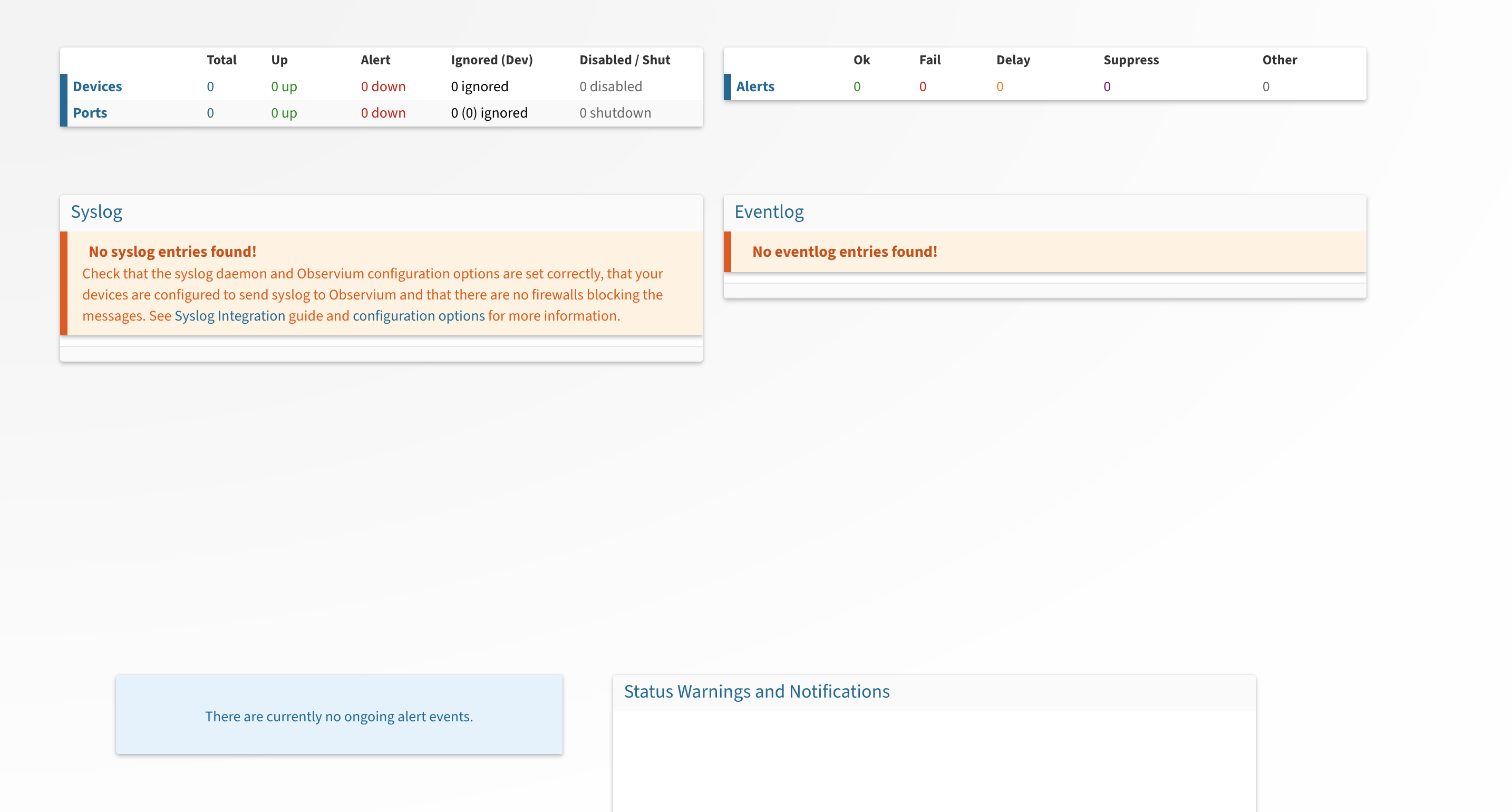
I tried to assign users to a role, which contains a set of devices, try to assign directly some devices, logged out and logged in again - nothing helps.
we're using a standard ldap, all users are listed so I have no idea anymore and it looks like a bug.
Attachments
Issue Links
- mentions
-
OBS-1684 Normal users cant see anything they have access to
-
- Closed
-
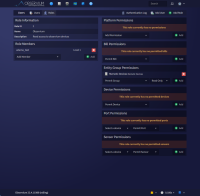


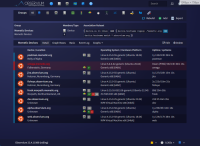



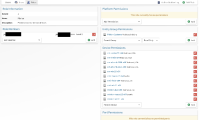
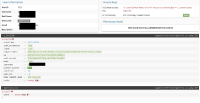




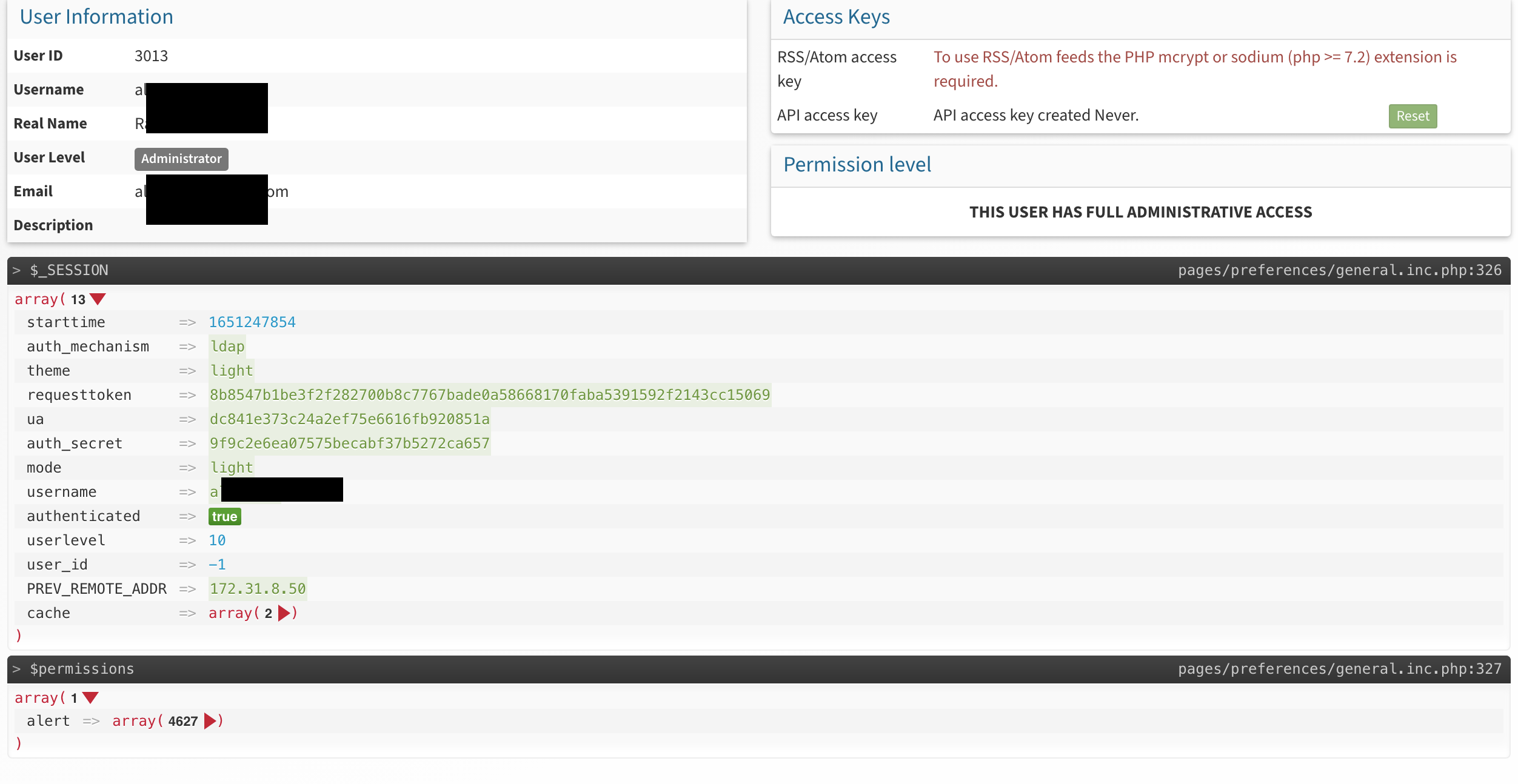
failure user_id should be NULL maybe?
i'm not sure of the purpose of even allowing auth with an unavailable user_id